Coronavirus (COVID-19) Updates
For the latest COVID-19 information and updates from Qatar Foundation, please visit our Statements page
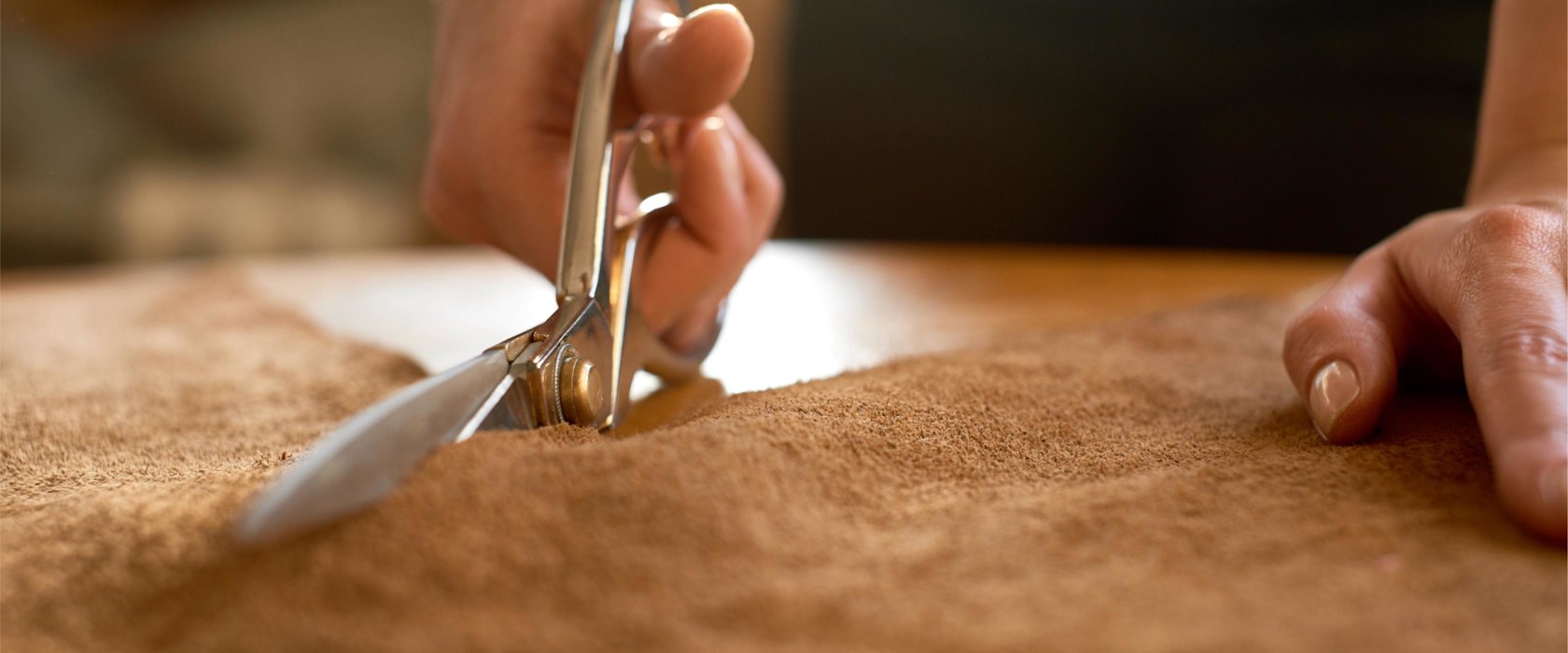
HBKU graduate talks about the journey of her social entrepreneurship project – Qatra – that helps vulnerable women artisans build a sustainable livelihood
The belief that there is always more than one way of supporting a person – money isn’t the only form of help; values of generosity, empathy, and compassion are powerful tools to help others with. These teachings were passed on to Alina Zaman by her grandmother – Naseera Begum. In turn, she inspired the building blocks that converted Zaman’s research project into an actual social enterprise. One that empowers women from marginalized societies and brings positive changes in their lives.
“In the beginning of my Master’s program in Islam and Global Affairs (IGA) at Hamad Bin Khalifa University (HBKU), Dr. Evren Tok, Associate Professor and Program Coordinator at the College of Islamic Studies, told us that he wanted us to create and work on research projects that wouldn’t be stacked in a cupboard; but projects whose outcomes will create an impact,” Zaman, a graduate of Qatar Foundation’s HBKU said.


There are many highly skilled artisans around the globe who are unable to achieve their economic and creative potential due to logistical constraints
One of the key components of the IGA program at HBKU is the integrated lab (I-Lab) research which focuses on a complex global issue and requires collaboration with an international organization to produce research and a solution that can be applied in the real world.
Zaman’s I-Lab project initially focused on Islamic Relief Pakistan, with the support of Dr. Hany El Banna, the Founder of Islamic Relief, her I-Lab project then grew into Qatra, a nonprofit startup.
“Based on Dr. El Banna’s suggestions, my colleague and I decided to conduct our study to explore how Islamic Relief Pakistan is using its vocational training skills programs to empower widows.”
During her field work, Zaman discovered that women received training in one of three areas: stitching, embroidery or beauty services. After completing their training, women were given financial support to begin earning a sustainable livelihood, either by starting a home-based business in one of these areas, or by working in a production unit facilitated by an NGO.
According to Zaman, the main outcome of the I-Lab research project was the development of a women’s empowerment model focused on three key elements: a rural participatory approach, self-help groups, and sustainable development.
“While visiting the center for embroidery stitching, I talked to one of the widow artisans named Nazish. She voiced her desire to sell her embroidered dresses to an international market, but stated that she did not have the required marketing knowledge and technological skills, or a reliable mediator who could assist her with accessing international markets.
“Like Nazish, there are many highly skilled artisans around the globe, who are unable to achieve their economic and creative potential due to logistical constraints. That was when I thought to myself as to what I can do as a global citizen to support these women.”
We give our artisans full control over the products listed and allow them to set the price for their items
Zaman explained that it was after visiting and talking to artisans like Nazish that she was highly motivated to do something to support these women, and that is how Qatra was born.
Qatra, meaning “drop” in Arabic, stems from the aim to create a “drop of hope” for these women, according to Zaman. It was inspired by a quote from Persian poet Rumi, which says, “You are not a drop in the ocean, you are the entire ocean in a drop”.
Through Qatra, the team provides less privileged female artisans with an online platform to market their high-quality and unique handmade products and help sell their products to an international audience.
“These women are holistically being empowered by NGOs and social enterprises around the world, and we are working with various NGOs to identify these artisans,” Zaman said.
Qatra is currently partnered with seven NGOs assisting disadvantaged artisan groups in Pakistan, Jordan and Yemen. It is also engaged with Syrian and Palestinian refugee artisans in Jordan, who have created products relevant to the Qatari market. All their products – beaded bags, necklaces, tea coasters – are available for sale on the Education City Marketplace.
Zaman also highlighted that Qatra strongly believes in championing fair-trade practices that lay the groundwork for an ethical economy and is based on fair and mutual benefit.
All handcrafted products sold through Qatra come with a written story that highlights the journey of their creator, so the artisan does not remain a faceless creator
“Our platform cuts out middleman who may profit from buying at a low price from the artisan and selling at a high price to the end-customer. We give our artisans full control over the products listed and allow them to set the price for their items. The platform only takes a small commission from each sale to cover its running costs.
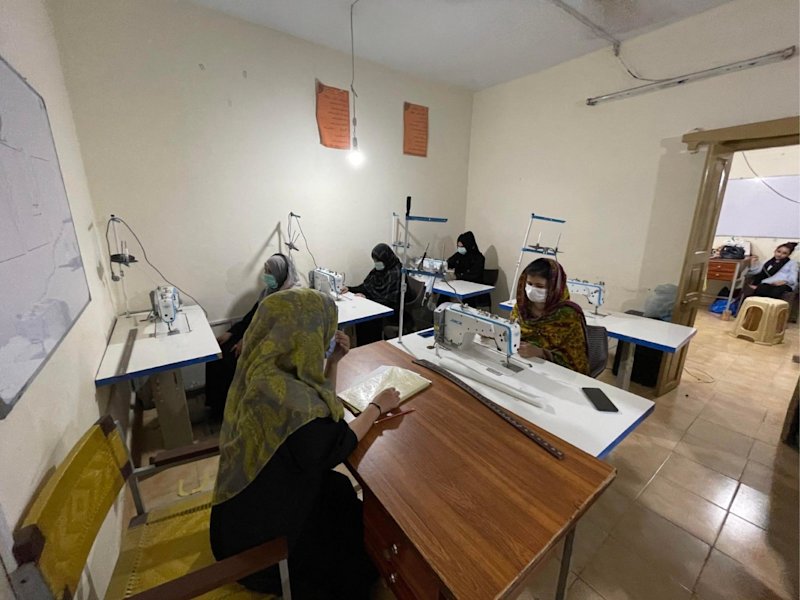
The handcrafted products made by these women are available for sale on the Education City Marketplace.
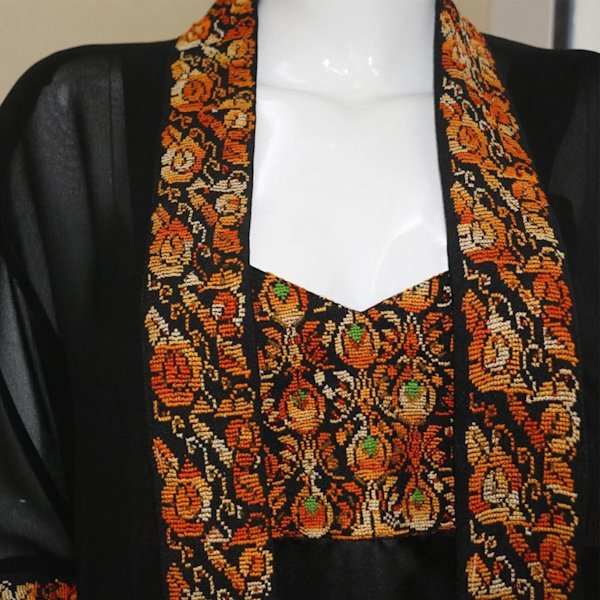
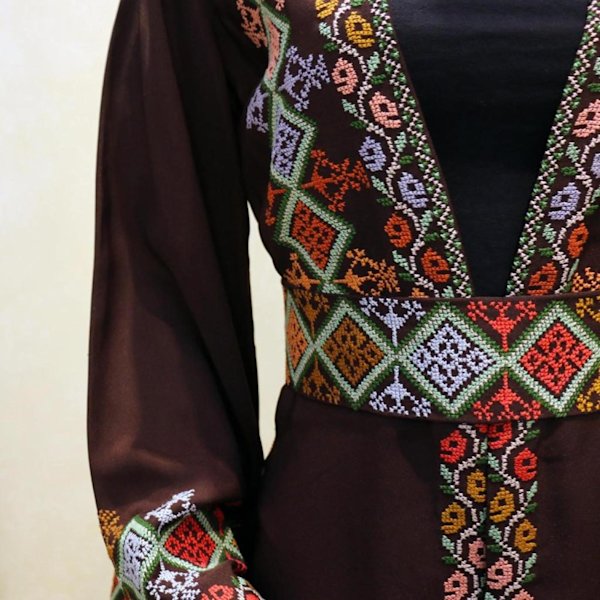

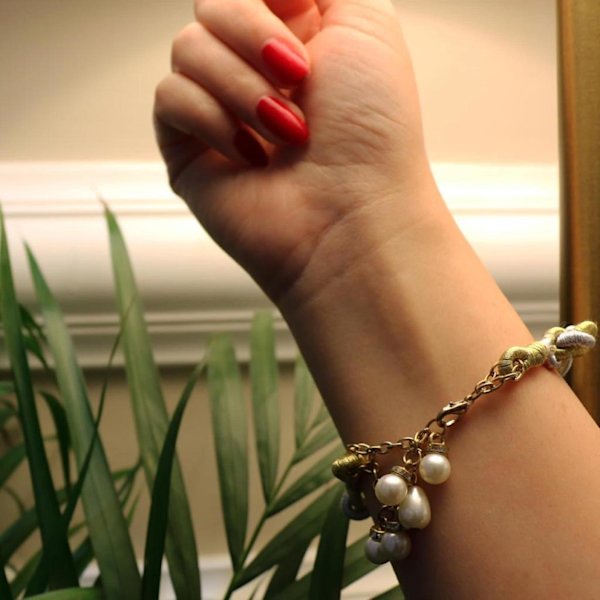
“All handcrafted products sold through Qatra come with a written story that highlights the journey of their creator, so the artisan does not remain a faceless creator. This approach stands in stark contrast to the capitalist economic model of mass-produced goods by anonymous producers,” Zaman said.
Speaking of future plans for Qatra, Zaman said: “We are currently working to extend the reach of our projects to more countries. We are also looking to register as a nonprofit online organization in Qatar by giving 100 percent of the profits to support the artisans and to sustain the social enterprise, which will create a great opportunity to affiliate Qatar with the World Fair Trade Organization.”

